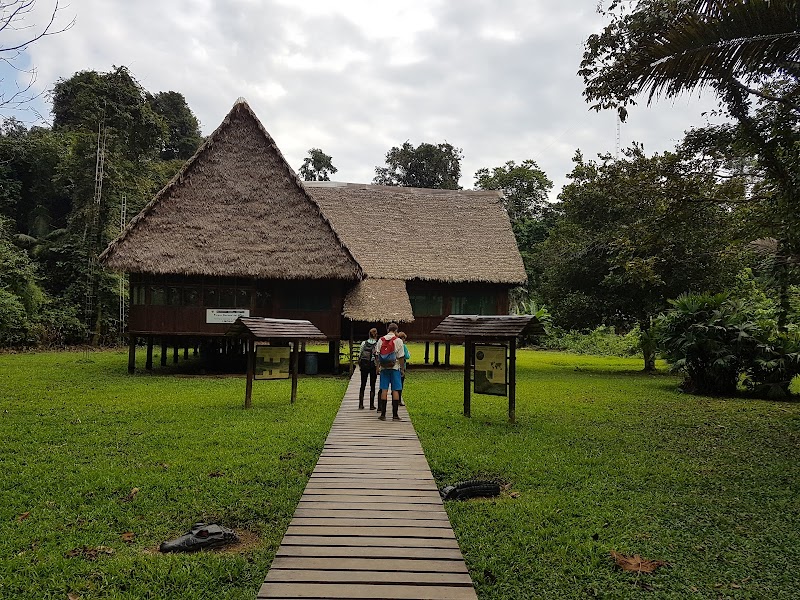
Manu National Park Adventures
Manu National Park is a sprawling expanse of biodiversity located in southeastern Peru, renowned for its rich and diverse ecosystems ranging from Andean highlands to Amazonian rainforests.
About Manu National Park

Manu National Park spans across 1.5 million hectares in the Madre de Dios and Cusco regions of Peru. Its remarkable variety of ecological zones, from lowland rainforests to the clouds of the Andean heights, makes it one of the most biodiverse areas on the planet. The park is home to an astonishing array of wildlife, including jaguars, giant otters, and over a thousand bird species. Manu became a UNESCO World Heritage site in 1987, recognizing its importance as a hotspot for both conservation and research. Visitors can explore its vast landscapes through guided tours, while the cultural heritage is enriched by the indigenous communities living within the reserve. The park provides a unique chance to witness untouched natural environments through controlled eco-tourism activities.
Highlights
The Manu River, offering spectacular views and an exciting wildlife corridor
The Cock-of-the-rock lodge, known for sightings of the Andean cock-of-the-rock
Parque Nacional del Manu Biosphere Reserve, a UNESCO World Heritage site and Biosphere Reserve
The clay licks visited by hundreds of macaws and parrots
Notable Natural Features
Cocha Salvador
A pristine oxbow lake where visitors can spot giant otters and caimans.
Pakitza
One of the most important research stations in Manu, providing insights into rainforest ecology.
Boca Manu
A key entrance to the park located at the confluence of the Manu and Madre de Dios Rivers.
